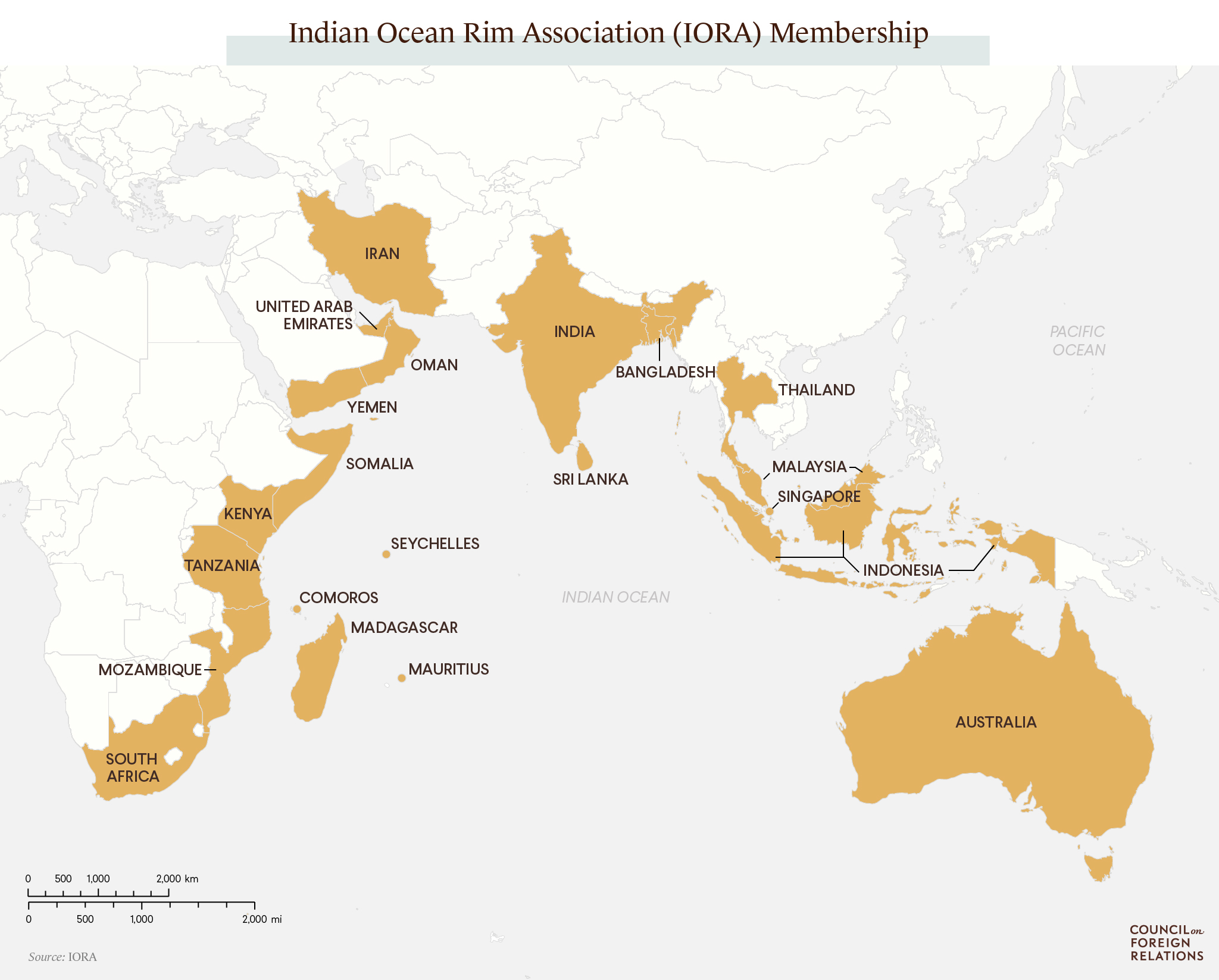Of late, Indo-Pacific Strategy has gained currency not only in academia but in the sphere of people inclined to international politics. Indo-Pacific Strategy has been simply understood as a ‘renewed strategy’ of the USA to ‘counter China’s growing economic and political influence’.
The strategy seeks to strengthen the position of USA through an enhanced relationship with its allies in the Asia Pacific region. It includes nations stretching from Indian to Vietnam region. However, India, Japan, and Australia hold the major stake among the US allies in its strategy.
Donald Trump, who at times, shunned for his chauvinistic stance, is accused of idealizing the USA as a nation dominated by whites and who is harsh towards immigrants. Trump also issues threats on slashing the US budget for foreign aid.
Thus, he faces an allegation of trying to isolate his country. However, the Indo-Pacific Strategy, introduced by Mike Pompeo, Secretary of State at the Indo-Pacific Business Forum in 2018, is pushed forward by the Trump administration.
The Indo-Pacific Strategy is not a new concept. It can be considered as a new name to Indo Asia Pacific, a regional strategy USA had developed to counter the USSR during the cold war.
The expression Indo-Asia Pacific was in practice since the 1970s where the USA attempted to control the area in the Pacific and the Indian Ocean.
Wielding armory and military strength does not render much significance in this age of globalization propelled by advanced mediums of transportation, communication, and technology.
Riding on the tide of globalization, China is expanding its influence across the globe through its aggressive business and trade activities. China has its thick presence in Africa where Chinese businessmen are engaged in commercial farming.
The rising economic power of China is not only a matter of concern for the USA that is determined to remain the number one economy in the world. It is also a matter of threat for countries like Japan, Indian, and Australia.
India shares the greatest threat from China emanating from its shared border with the dragon country. China’s growing strength also means a serious challenge to India that is ambitious of maintaining supremacy in Asia and gradually in the world. India fears that its longtime foe, Pakistan equipped with nuclear power, may join hands with China.
The relation between Japan and China has remained sour in regards to the Senkaku islands in the South China Sea. Both the countries have been claiming the uninhabited island and the dispute remains unresolved for centuries.
Besides the trouble with the Island, the concern for the economic giant Japan, and also Australia is their freedom with the marine movement. China’s grip over the marine traffic and route could severely affect Australia’s trade and business interest.
It is also a matter of concern to the Island country, Japan. In fact, India’s other big concern is also regarding China’s increasing dominance in marine commercial activities.
It is for these reasons that the USA is able to rally around important countries in the Asia Pacific region like Australia, Japan, and India for its cause.
Though for a brief while, Nepal too got mired into a controversy of being a part of the Indo-Pacific Strategy during the visit of Foreign Minister Pradeep Gyawali to the USA in December last year.
Coinciding with Minister Gyawali’s visit, the State Department of the USA issued a statement stating that Nepal too had a central role to play in the Indo-Pacific region in regards to the free trade. This contradicted with a long-standing ‘non-alignment’ policy of Nepal. Upon return to Nepal, Minister Gyawali made it clear that Nepal had not made any formal decisions to join the USA led Indo-Pacific Strategy.
Even as the country shares centuries-old cultural and religious ties with India and Indian people, Nepal has been so far able to maintain a neutral position when it comes to the relationship between the two neighboring countries.
It has been thwarting protests attempts by Tibetan refugees in the capital city, Kathmandu with a constant reiteration that Nepal will not tolerate any untoward activities aimed its neighbors in its soil.









Comment